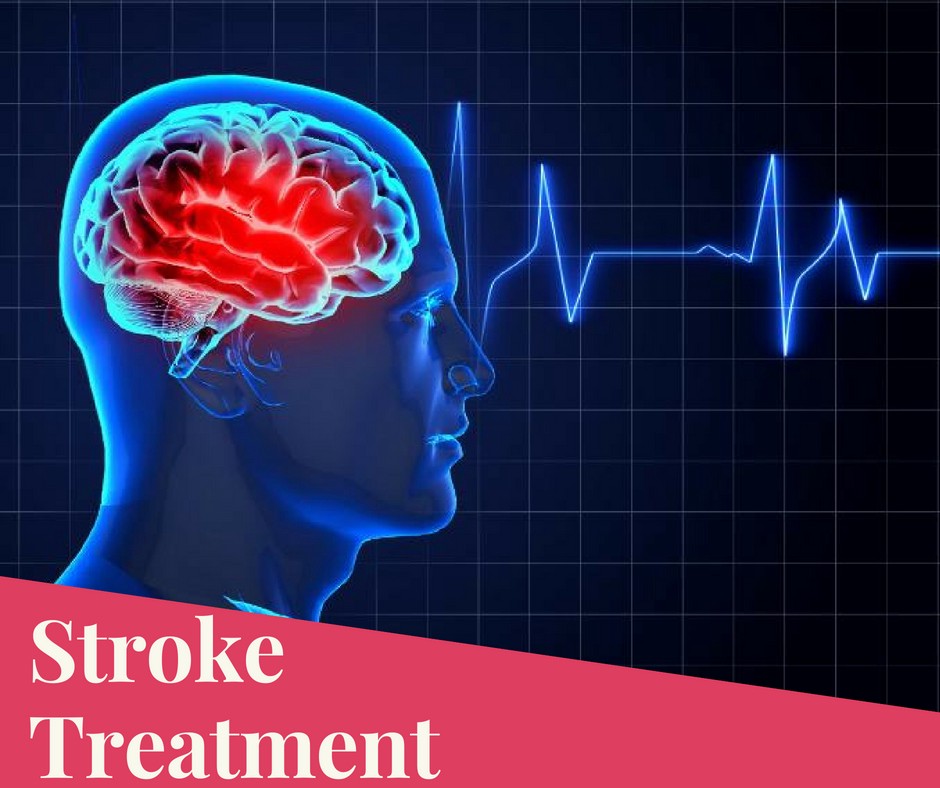What kind of comprehensive stroke treatment method should be followed for stroke to avoid recurrence?
Dr. Vinayaka M, Consultant Neurosurgeon (brain and spine Surgeon), Neurointerventionalist, Manipal hospital, Varthur. Recurrence of stroke occurs more frequently in older age groups, typically in those between the ages of 50 and 60 years. People who

Dr. Vinayaka M, Consultant Neurosurgeon (brain and spine Surgeon), Neurointerventionalist, Manipal hospital, Varthur.
Recurrence of stroke occurs more frequently in older age groups, typically in those between the ages of 50 and 60 years. People who have heart abnormalities are more likely to have a stroke recurrence. Although stroke recurrence in young individuals is rare, there is a probability of a second stroke if the previous one was not treated appropriately. The primary risk factors for adults experiencing a stroke are diabetes, hypertension, obesity, smoking, and heart problems. In order to avoid having another stroke, it is crucial to address the risk factors after surviving one.
Over the last few decades, we have witnessed an increase in the number of young people suffering from strokes. Although the precise cause of this instance has not yet been identified or reported, stress and alterations in lifestyle, such as increased alcohol consumption, smoking and not following a balanced diet are thought to be the key risk factors in such cases. Young people and adults have different risk factors. Diabetes, hypertension, cholesterol, and obesity are considered as risk factors in the elderly population, whereas in youngsters, the root cause of the occurrence of a stroke must be determined for further treatment to prevent recurrence. For identifying the cause of stroke, the procedure that follows is a blood investigation to determine whether the condition has been caused by a cardiological condition or due to any hypercoagulable state in the vessels. When compared to the elderly population, younger age groups have higher post-stroke survival rates. The survival rate is considered to be quite low when a stroke is severe and there are numerous coexisting conditions or risk factors involved.
The severity of a stroke mainly affects the individual’s survival rate. Once a stroke occurs, the patient’s likelihood of survival depends on the stroke’s severity and how much of the brain is impacted at the time of the acute event. The severity of the stroke affects a victim’s chances of survival; the more severe the stroke, the lower the chance of surviving. The morbidity, which is typically very severe, is usually much higher in stroke cases than the mortality. It has been reported and seen that patients who additionally have stroke risk factors, such as diabetes, hypertension, high cholesterol, etc., are more likely to suffer another stroke. Since there is a very significant risk of morbidity in these situations, stroke and its risk factors need to be aggressively treated at the acute stage to prevent a recurrence.
A neurologist, cardiologist, neurosurgeon, interventionist, physiotherapist, and rehabilitation team are mostly required for comprehensive stroke treatment. From a neurological standpoint, the typical course of treatment for patients is acute management, which includes mechanical thrombectomy, IV thrombolysis, and thrombolysis. This is followed by prescribed medication to stop the recurrence of another stroke. Additionally, determining the cause of the stroke and treating it properly in order to prevent a recurrence is crucial as well. Along with that, maintaining and continuing with the patient’s physical therapy and rehabilitation is necessary in order to get them back to their regular, normal lives.
To prevent stroke, maintain a healthy weight, engage in regular exercise, abstain from alcohol and tobacco use, manage risk factors like diabetes, hypertension, and obesity, and seek medical attention at the first indication a stroke begins to occur. People who have already experienced a stroke should follow their doctor’s recommendations for regular check-ups and strictly adhere to their medication regimens to avoid a recurrence.






